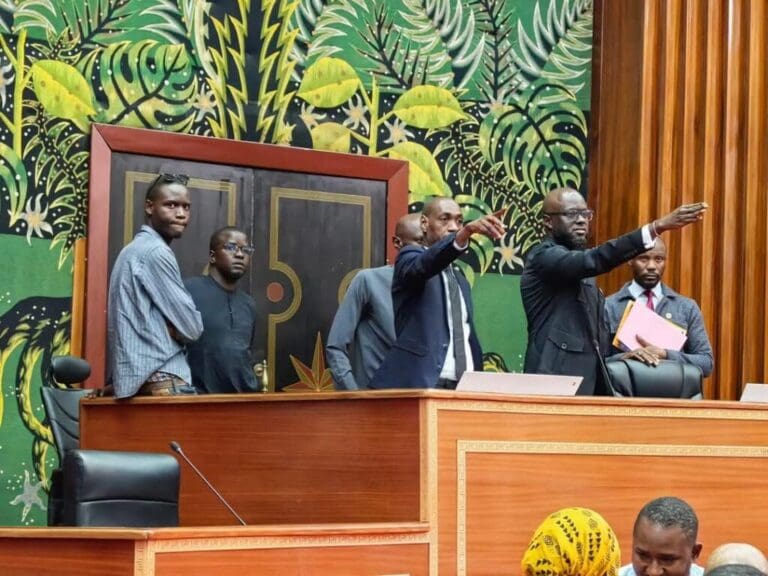The Senegalese Parliament adopted the 2024 Supplementary Finance Law (LFR) project presented by the Minister of Finance and Budget, Cheikh Diba, on Tuesday.
In a context marked by multiple economic and social challenges, the minister presented the budget adjustments planned in the LFR 2024 before the National Assembly’s Finance Committee. These adjustments reflect the priorities of the new authorities, while aiming to maintain budgetary balance.
The Minister highlighted that the budget revisions are driven by key imperatives: a significant increase in energy subsidies (289 billion FCFA), flood prevention measures (8 billion FCFA), and the organisation of early legislative elections (20 billion FCFA). These priorities come amid a political evolution and economic pressures.
The adjusted budget anticipates a deficit of 11.6% of GDP for 2024, up from the initial Finance Law (LFI), but with the goal of reducing it to 3% by 2027, in line with the criteria of the West African Economic and Monetary Union (UEMOA). Revenues are revised to 4,075 billion FCFA, a decrease of 840.2 billion FCFA, while expenditures rise by 681.8 billion to reach 6,437.2 billion FCFA.
Public debt was a central issue. The minister mentioned an additional provision of 245.9 billion FCFA for interest on the debt, which has become more expensive due to rising borrowing conditions. He emphasised the need to strengthen local financing and explore new options, such as public-private partnerships, to reduce external dependence.
Energy Subsidies and Agriculture
The energy subsidy, aimed at stabilising electricity and fuel prices, has been criticised for disproportionately benefiting wealthier households. Additionally, 73.67 billion FCFA has been allocated to the agricultural sector, notably to settle arrears.
The minister called for rationalizing subsidies and improving the performance of financial agencies. Measures such as the digitalisation of the tax administration and the implementation of the Medium-Term Revenue Mobilization Strategy (SRMT) are aimed at strengthening revenue mobilisation and ensuring better budget transparency.
Finally, the minister defended the government’s transparency efforts, emphasising that this includes taking responsibility for short-term negative impacts to ensure more rigorous public finance management.
ARD/sf/ac/lb/as/APA


